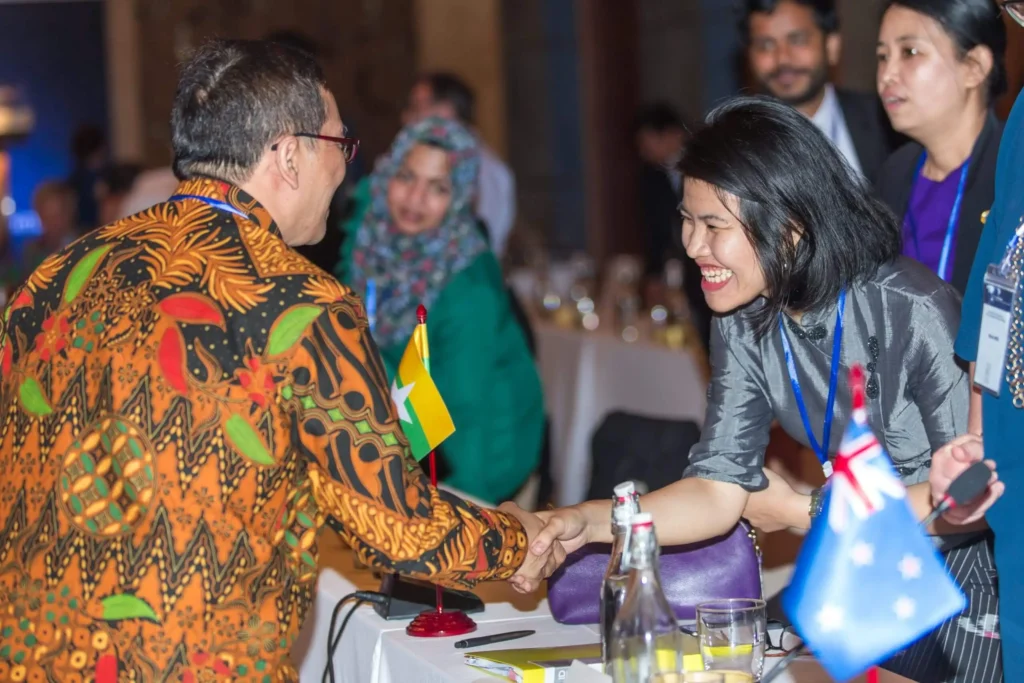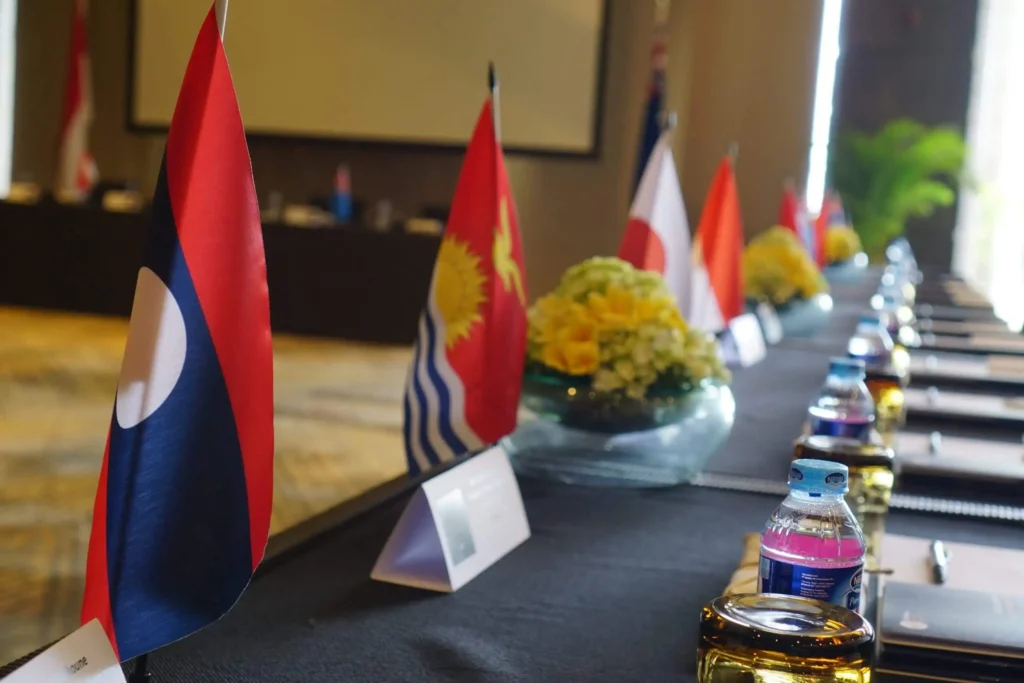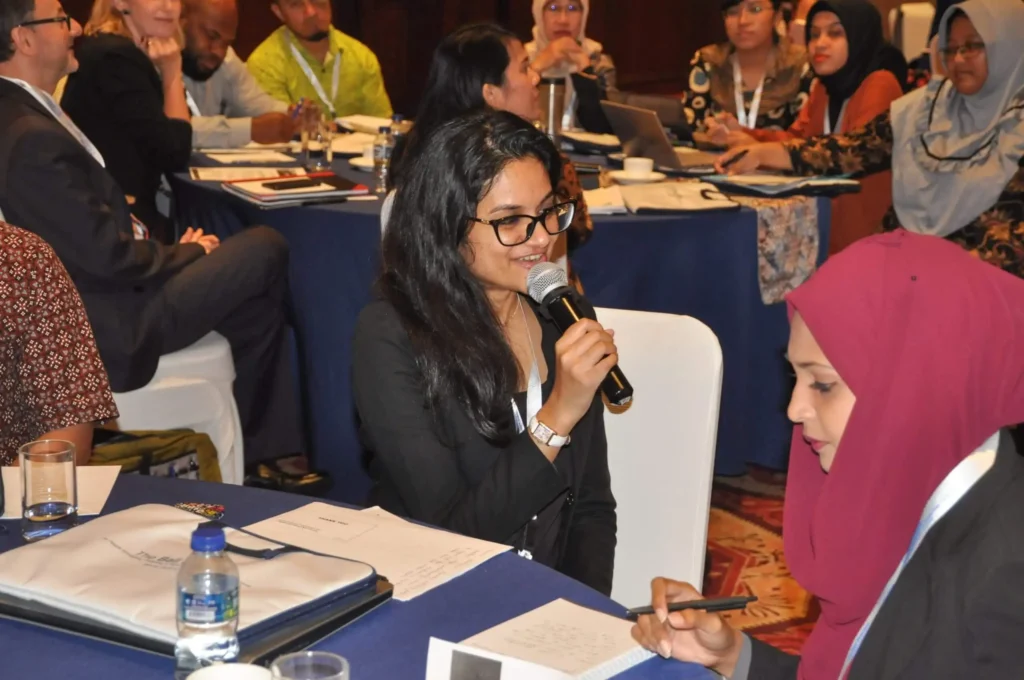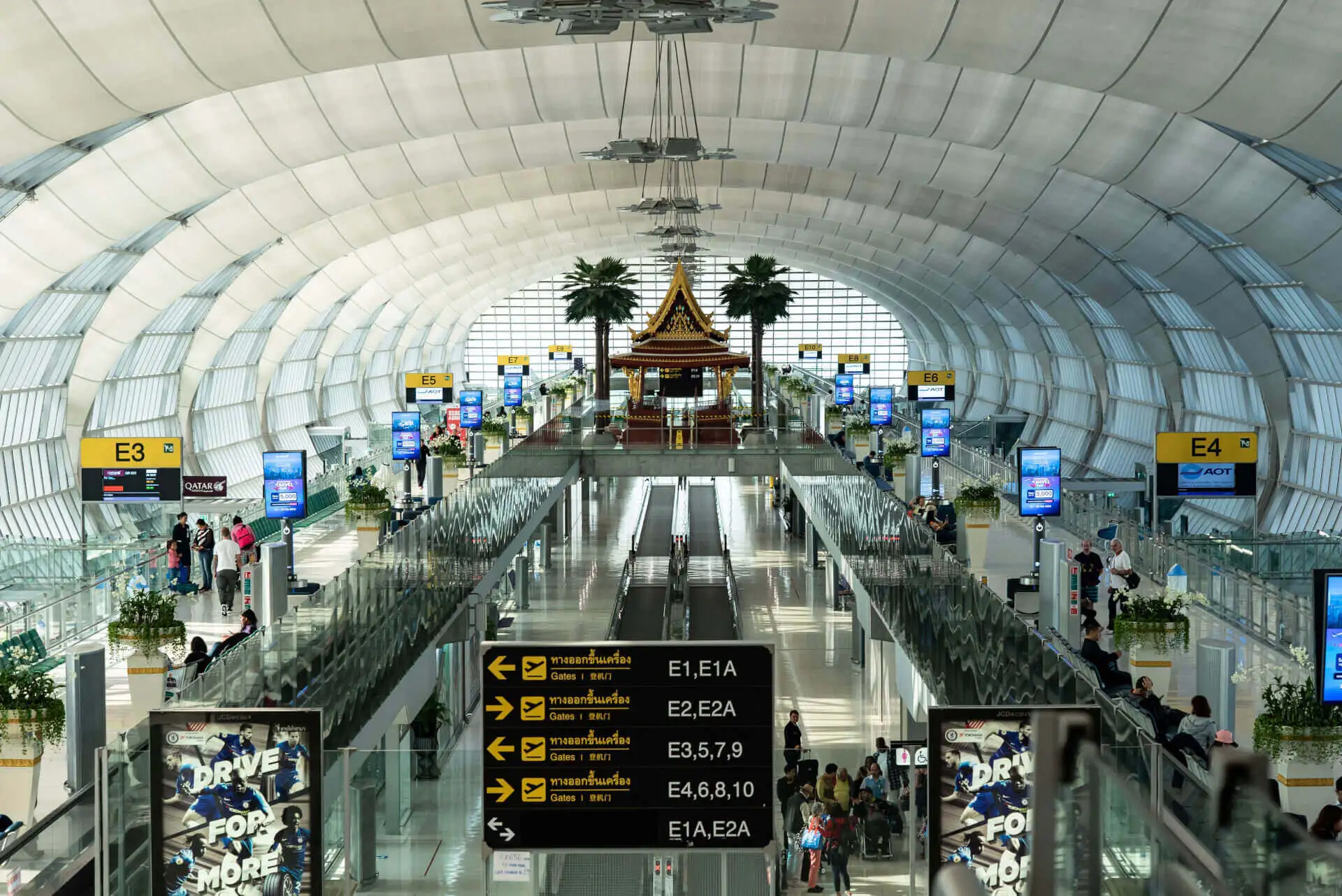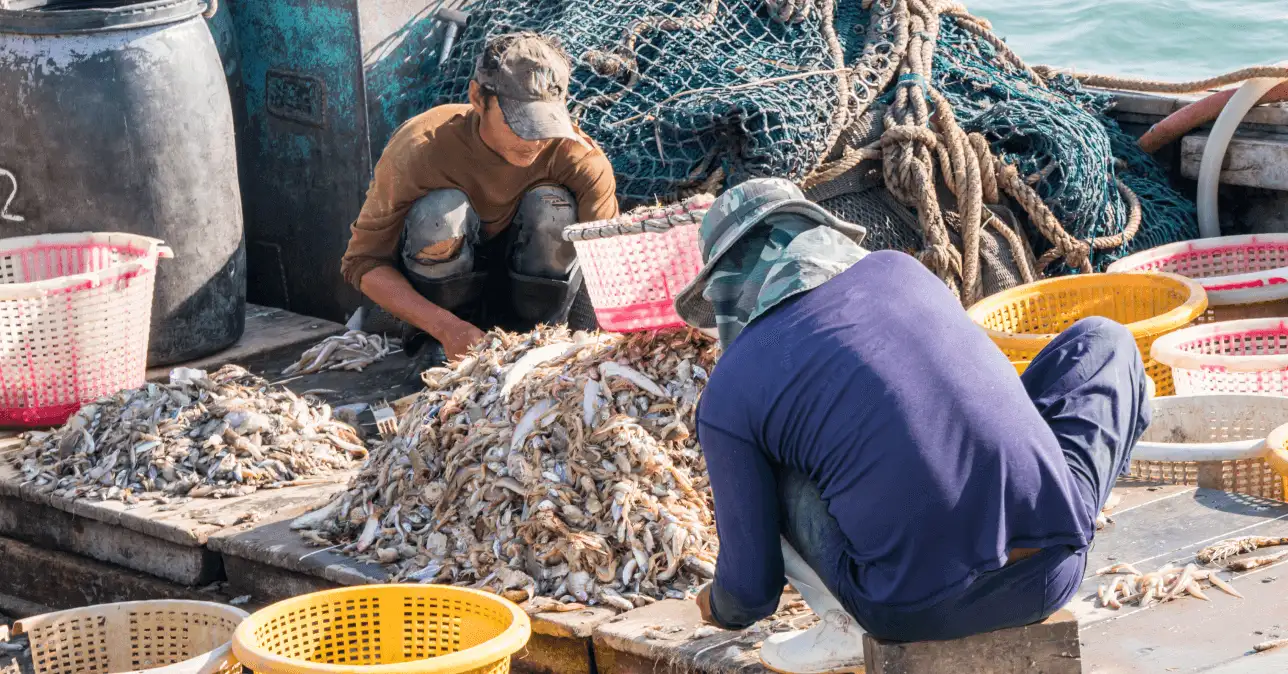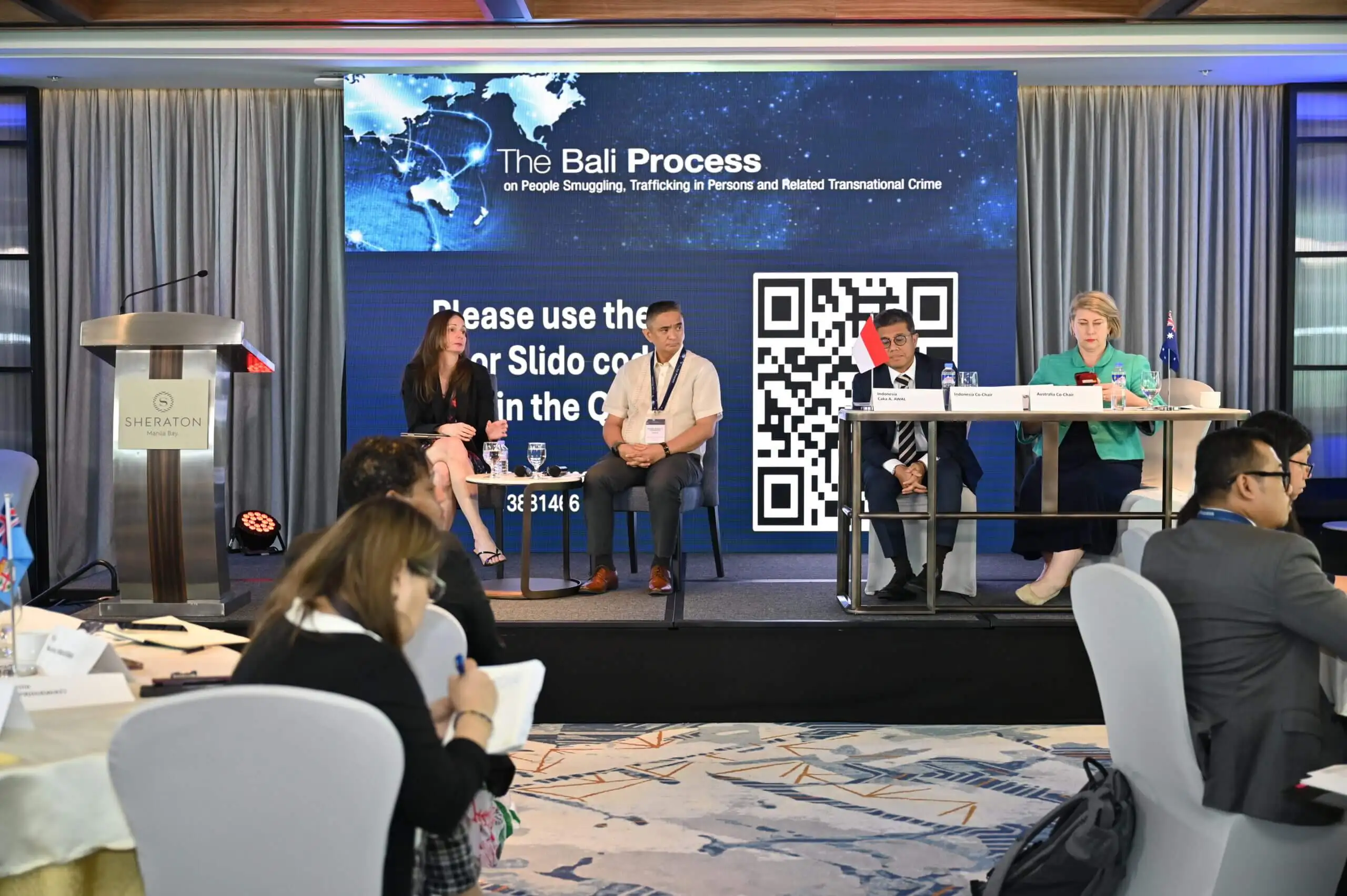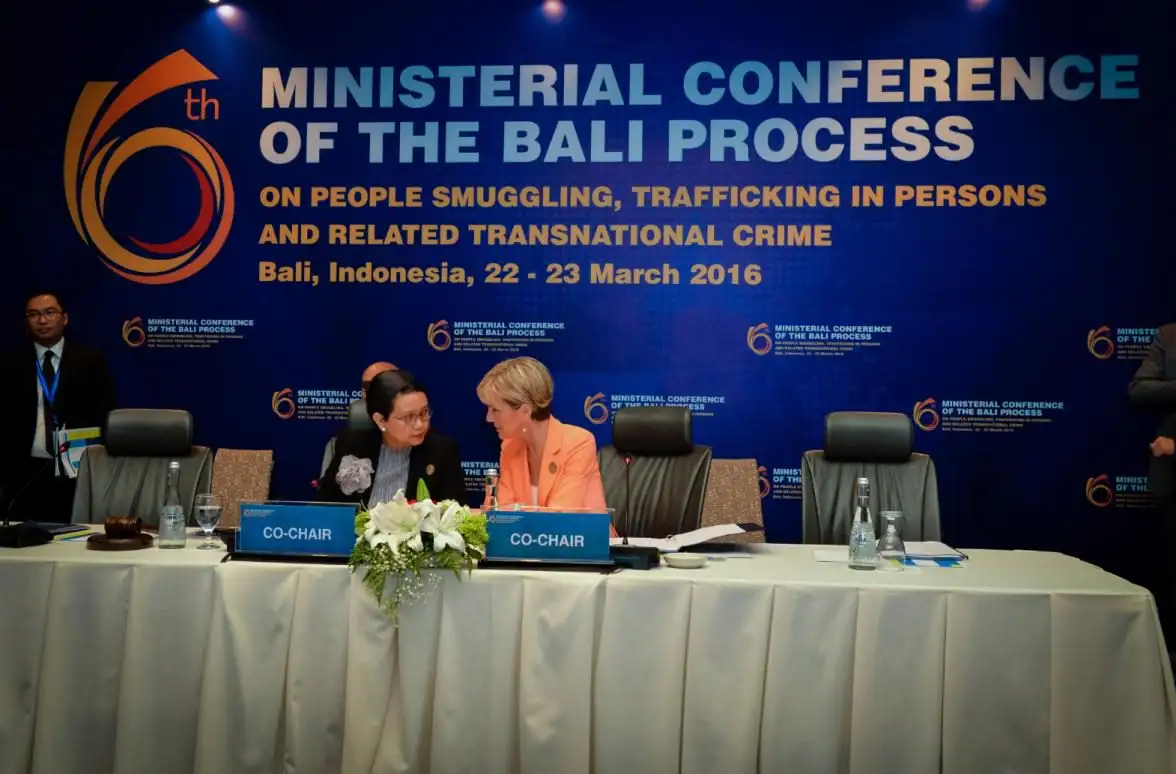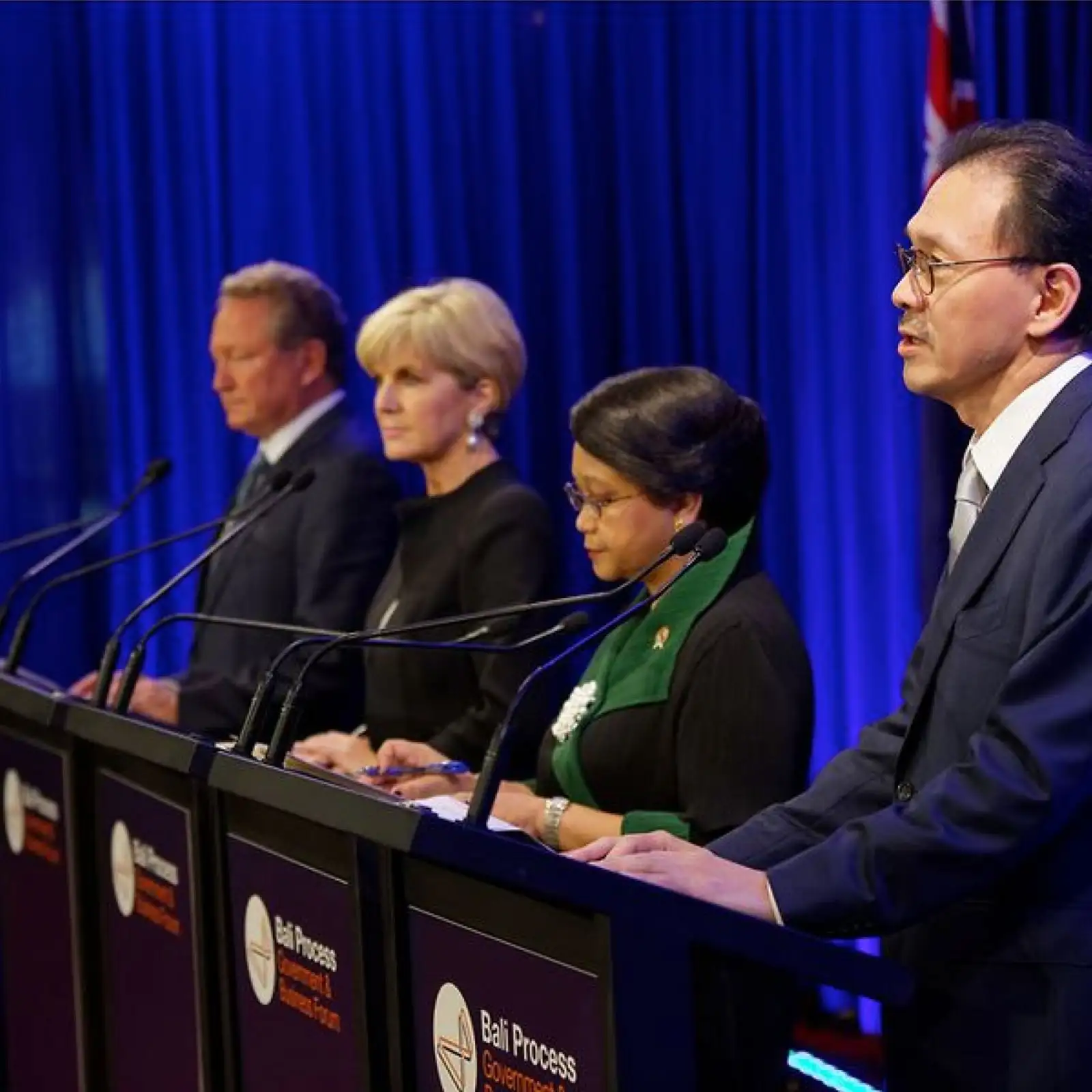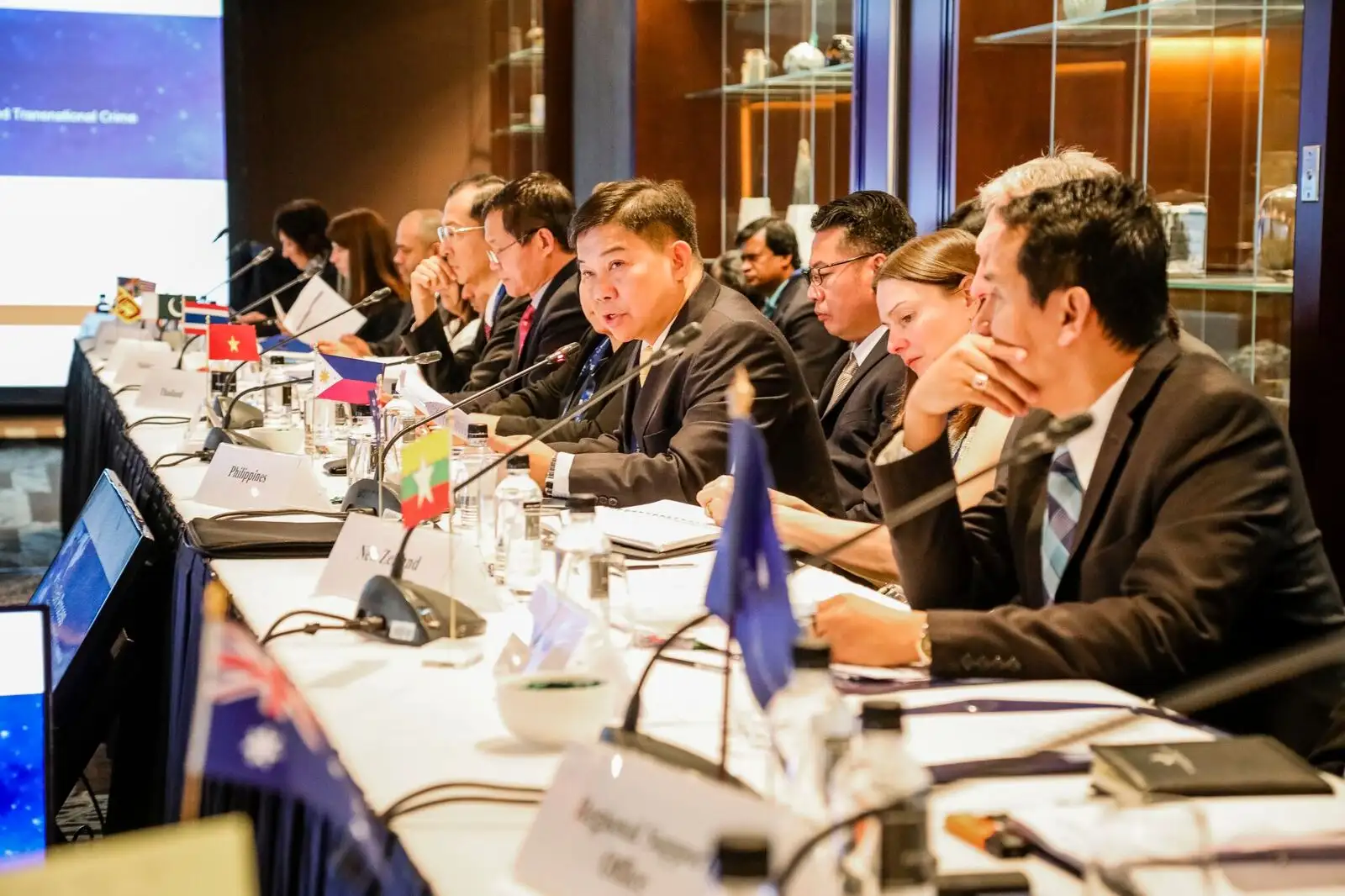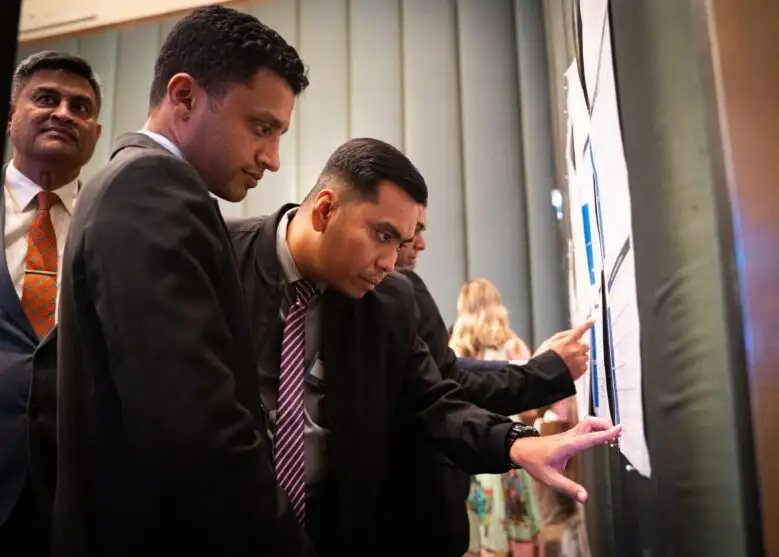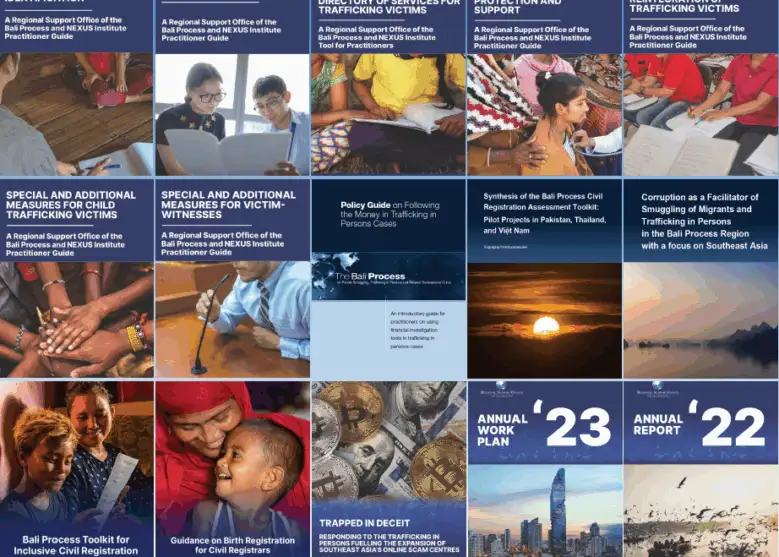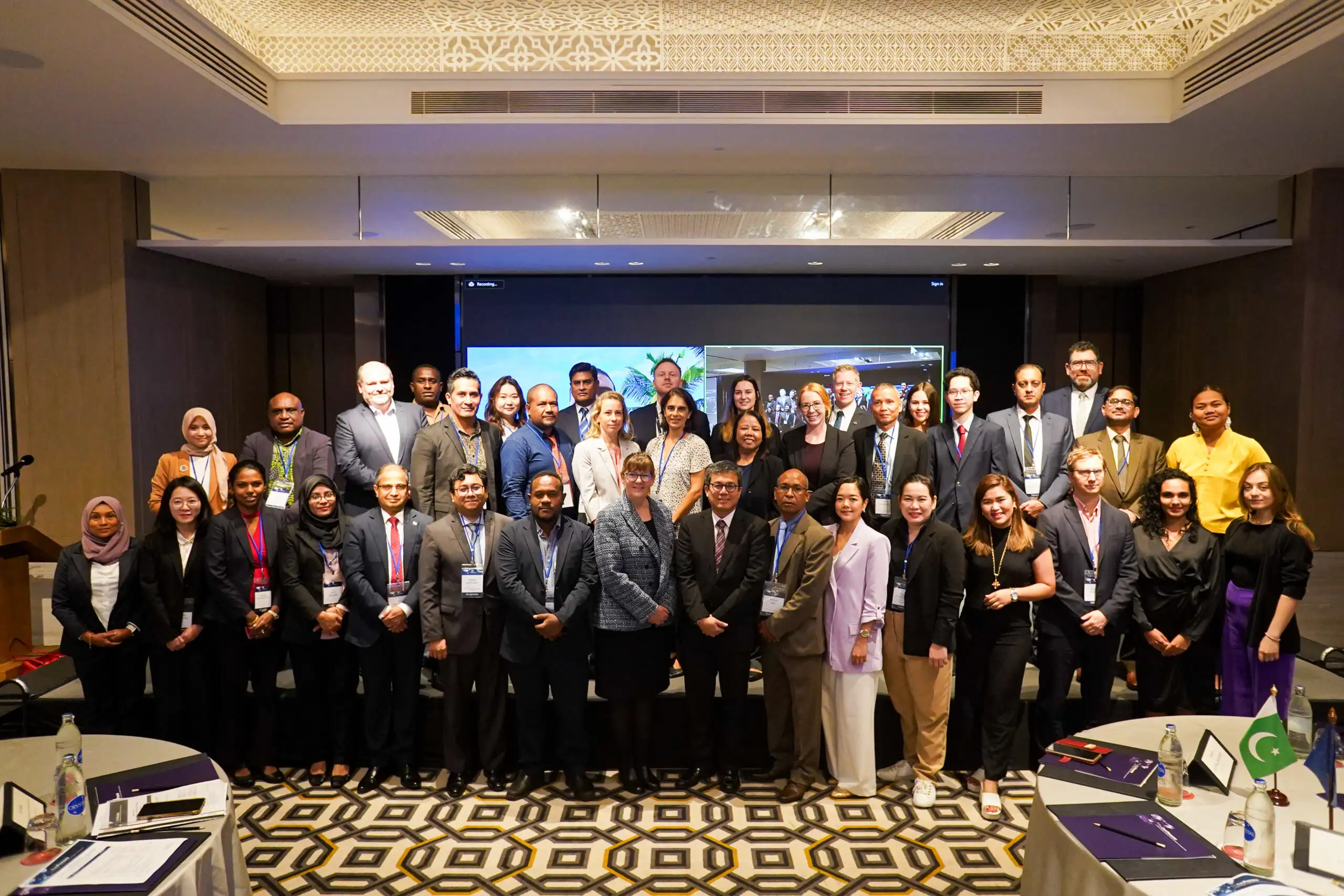The Bali Process
The Bali Process on People Smuggling, Trafficking in Persons and Related Transnational Crime is a regional forum that promotes cooperation, dialogue, and the development of policies addressing irregular migration across the Asia-Pacific region and beyond. It provides a platform for governments, regional organisations, and other stakeholders to share knowledge, coordinate responses, and strengthen collective efforts to prevent and respond to people smuggling and trafficking in persons.

